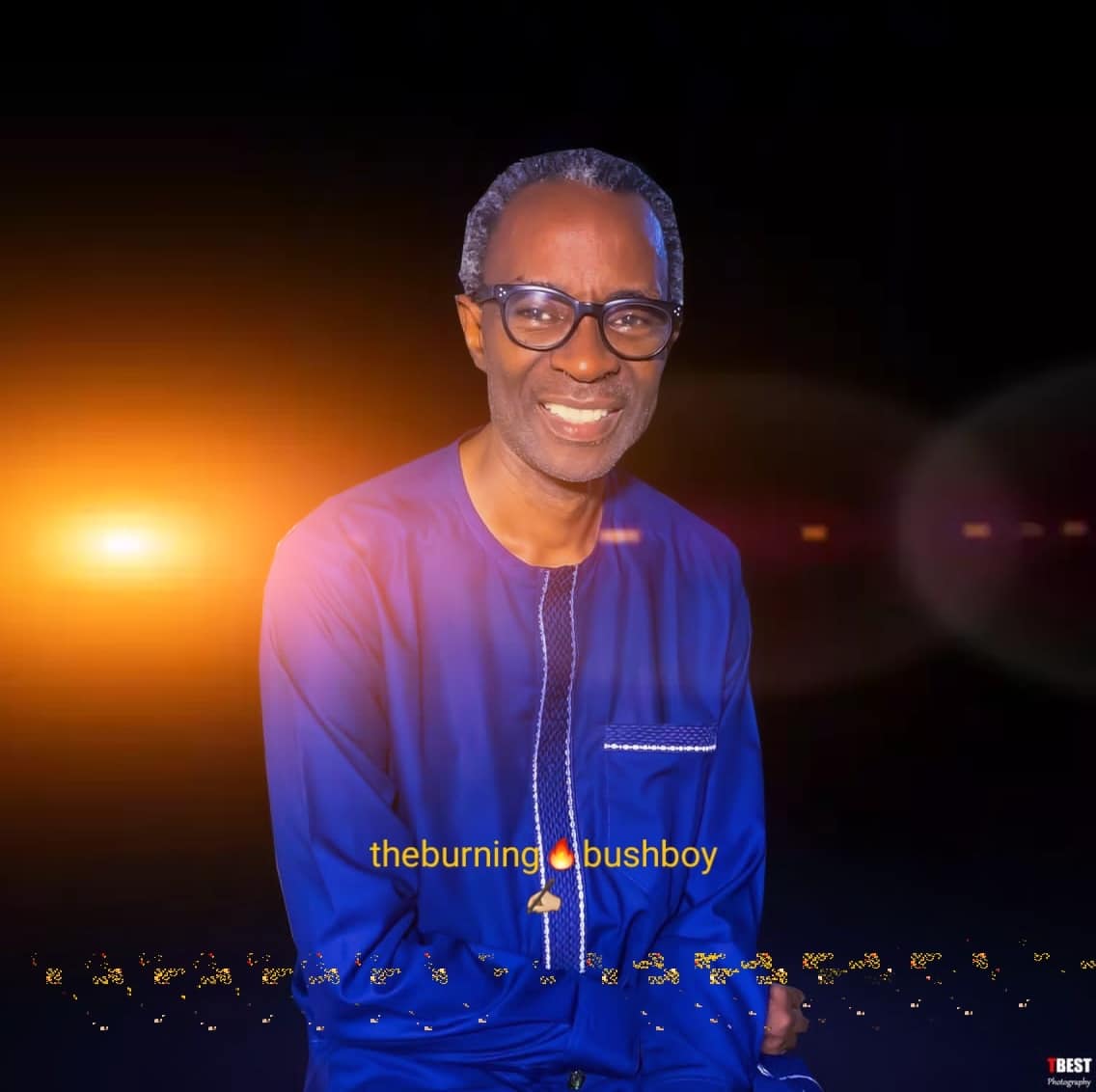Spiritual within Religious Context
Is It Okay To Be “Spiritual But Not Religious” …?
by BurningBushBoy | Staff Writer | Eternal Affairs Media
As the world gravitates toward the last days, some of the signs affirming the perilous times are that men shall be lovers of selves, lovers of pleasures more than lovers of God; and be displaying a form of godliness that is void of power.
A careful look around reveals that these and many more are already manifesting everywhere, particularly within the Christian fold. It is no longer uncommon to see some Christians and church leaders brazenly engaging in strange acts and teachings that will drop you on your knees begging for God’s intervention.
They do their things standing tall, and although we know their actions do not align with the Word of God, they slam our faces with statements such as: “You cannot judge me, for I have only acted as inspired by the Holy Spirit.”
What else can we say to what we know is not biblical, doctrinal, or religious in the face of the intimidation of the act claimed to be inspired by the Holy Spirit?
So, while the two keywords of this article are, Spiritual and Religious, I shall be introducing the word, doctrine; which, basically, means teaching, to buttress the religious side.
Spiritual in this sense describes something or someone related to the spirit, God, or a place of worship. In the Christendom, the Holy Spirit is the spirit we reckon with. So, if a Christian says he is spiritual, it won’t be wrong to say such a Christian is influenced by the Holy Spirit. By the way, every sincere Christian should be spiritual – a person of the Holy Spirit.
On the other hand, Religious is the adjective of the noun, Religion. In simple terms, a religious person is someone practicing or an adherent of a particular religion (a particular system of belief). For instance, I am meant to be religious because I am of the Christian religion.
Ordinarily, every child of God should have a firm understanding of what it means to be both spiritual and religious. You are a spiritual Christian because you believe in the possession and movement of the Holy Spirit, while a religious Christian because you believe in the tenets of the Christian faith.
[fyrebox oid=”pNvEGJVD0″ gid=”W56AgzZN2″]
It is more trending to be labelled a spiritual Christian, the one we believe should wildly demonstrate the gifts of the Holy Spirit than to be addressed as a religious Christian; the one we believe should be docile and guided by doctrines. Interestingly, we need the disdained religious doctrines/teachings to check our spiritual ego.
Of course, since the Word of God is still freshly coming to us apart from those in the Bible, we have an excuse to declare that our strange teachings and lifestyle are modern inspirations of the Holy Spirit to our generation.
The question is, “Can a Christian be more spiritual than the Holy Spirit and the Word He breathed into existence to guide us?”
It is daily becoming an issue seeing men attempting to live above the Word of God in the name of being spiritual. Going by the rate at which we twist and adulterate the Word and even the move of the Holy Spirit, we are, obviously, affirming the scripture that says we would be lovers of selves rather than of God.
Claiming to be spiritual, how come we are experiencing a form of godliness that is largely without power? Could it be because we engage in practices that appear spiritual, yet grossly unfounded doctrinally?
Whatever is clothed in the spiritual but not having the life of a sound religious background and teaching should be suspected. The ideologies of Christ should continually guide our spiritual knowledge and manifestations.
But is there even a borderline to spirituality before it becomes rascality?
While it is true that the Spirit of God makes us highly mobile in thoughts and deeds, one wonders if He is a river without riverbanks, shorelines, or channels. Why should anyone choose to be spiritual without the guidance of religious doctrines, which are the teachings that set up his faith?
Surely, one of the things doctrines do, no matter how outdated you want to make them, is to keep the spirit within the context of religion; lest we all do whatever gives us pleasure in the name of flowing with God’s Spirit.
The following biblical illustrations should shed more light on this.
- When you heard God instructing Adam to dress and keep the Garden of Eden, you would think he had unlimited access to everything. When God further said he could freely eat from every tree in the garden, it wasn’t without a caveat. “But of the tree of the knowledge of good and evil, thou shalt not eat of it…” Gen. 2:17
It follows that while Adam may ‘spiritually’ wish to do and eat whatever comes to him as the keeper of the garden, he had a limit. Adam’s spiritual ego and closeness to God should not push him to eat the fruits of two trees in the heart of the garden. The instruction left behind for him to avoid the two trees was the doctrine he needed to guide his religious belief in God. But Adam failed!
- You can also imagine that while God appeared to be giving Joshua unrestricted access to the entire world by the encouragement that wherever the sole of his foot shall tread upon had been given to him and the children of Israel, He immediately dropped a guiding note that set the boundary –
“From the wilderness and this Lebanon even unto the great river, the river Euphrates, all the land of the Hittites, and unto the great sea toward the going down of the sun (west), shall be your coast. Josh. 1:4
Should Joshua, therefore, want to spiritually claim the entire universe by setting his feet everywhere, this written ‘religious’ doctrine was to guide and keep him within limits.
- Paul, admonishing Timothy not to neglect the gift that was given to him by prophecy via the laying on of hands of the presbytery, went further urging him to meditate upon these things and give himself wholly to them so that his profiting may appear to all. (1 Tim. 4:14-15)
Just when I, if I were Timothy, would have begun to manifest my spiritual gift to a very large extent, Paul threw in a caution: “Take heed unto thyself, AND UNTO THE DOCTRINE; continue in them; for in doing this thou shalt both save thyself, and them that hear thee. (1 Tim. 4:16)
As much as Timothy may wish to exercise his spiritual gift without walls, to save himself and those listening to him, he must act within the dictates of the doctrine. Here again, the so-called religious doctrine/teaching is a lifesaver to the spiritual!
- No matter the temptation to be excessive, the spiritual man should always remember that “the main thing to keep in mind here is that no prophecy of Scripture is a matter of private opinion. And why? Because it’s not something concocted in the human heart…” 2 Pet. 1:20-21 MSB
While it is good to flow in and with the Holy Spirit, which may earn you a spiritual badge; it is better to moderate the spiritual self-worth with the doctrines/teachings inspired by the same Holy Spirit moving you.
In conclusion, we’ll be better for it if we humbly submit to the doctrines that established the Christian religion we chose by grace. Every expression of spirituality should have a religious stand, as no demonstration of the spirit should be outside the foundation of our religious doctrines.
[fyrebox oid=”pNvEGJVD0″ gid=”W56AgzZN2″]










